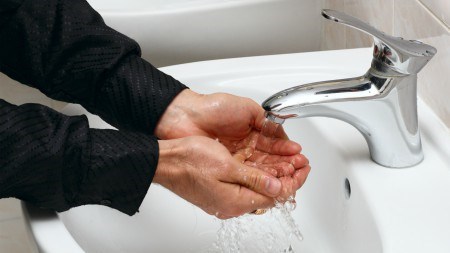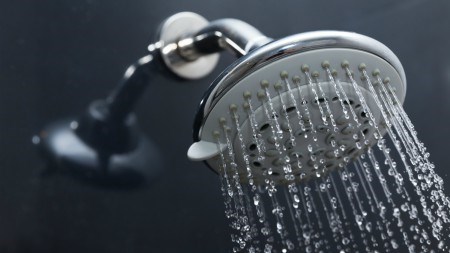In light of the current water shortages in Cape Town, an increasing number of sectional title schemes are installing individual water meters in their units.
Individual water meters for sectional title units is a growing trend in the Western Cape, says Grant Rea, Residential Rental Specialist from RE/MAX Living, who works primarily in the Cape Town CBD and surrounds.
“As a Residential Rental Specialist in the city, I have noted that a number of sectional title schemes are going the route of installing individual water meters on each unit within a block of flats. Given the current situation with the drought and water shortages in Cape Town, most blocks will most likely follow suit,” says Rea. “This new trend is certainly a positive step towards alleviating and curbing excessive water usage by tenants who historically did not have to pay for the water they use. Previously, it has fallen on the owner of the property to pay for the water used in the unit.”
Before the introduction of individual meters, water bills were paid via the owner’s levy and in proportion to their participation quota, which is the percentage share of floor space they own compared to the entire block. While a growing trend, it is not that easy for every landlord to implement the new system due to their contractual obligations with the tenant. “Most landlords will be tied to a lease agreement that states that they would be responsible for this cost via the levy and that the rental included the cost of water, refuse and sewerage,” says Rea. “Effectively in a fixed term lease where the agreement previously put the onus of water cost on the landlord, they may very well face extra cost if their tenant is a bit heavy handed with water usage.”
For the tenant, previously under the impression that their water and sewerage costs were included to now have a bill for their water, means they have extra costs to face. The important thing to consider is how the lease was structured and how it outline’s the obligation to cover the cost of the utilities.
Rea says that there are some instances where landlords or agents may have included a clause related to an unforeseen increase in costs as it relates to the property and that these costs may be passed on to the tenant. In this instance, the tenant would simply have to bear the cost of this extra charge.
He adds that if no such clause exists, the only remedy is for the landlord to approach the tenant to agree on an addendum to the lease stating that the tenant is now liable for the water cost.
“Of course, the last remedy is for the landlord to ensure that any renewal with current tenants or new tenancies is explicit about who bears the cost of water and sewerage,” Rea concludes.




